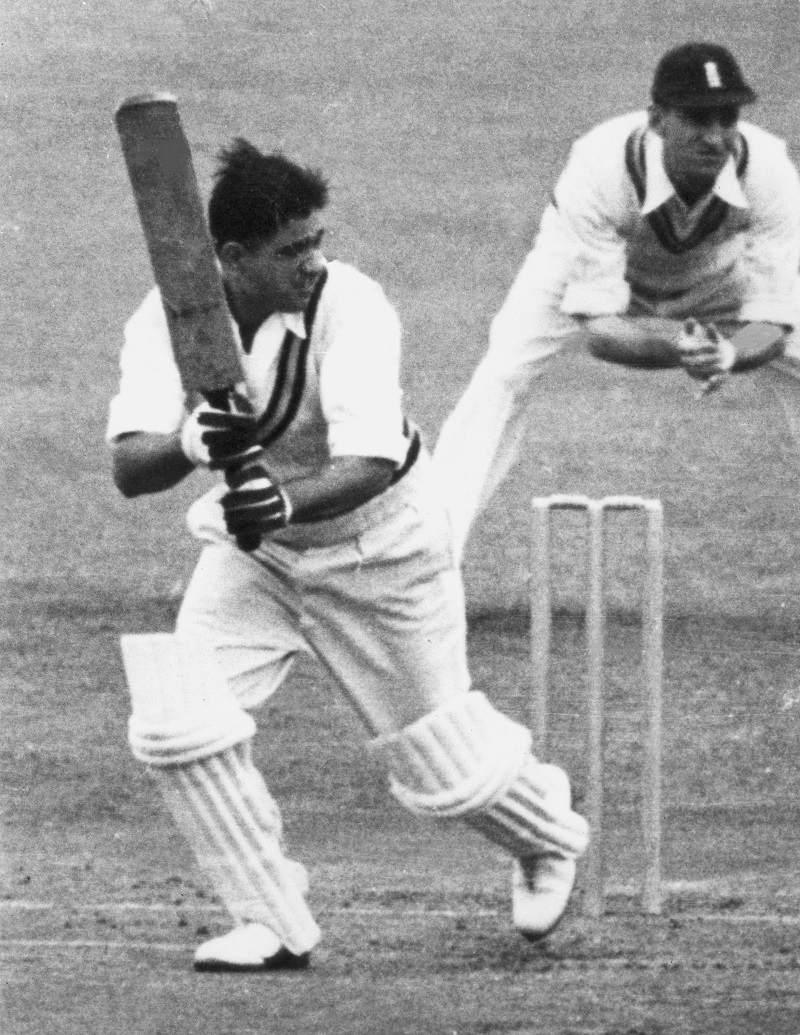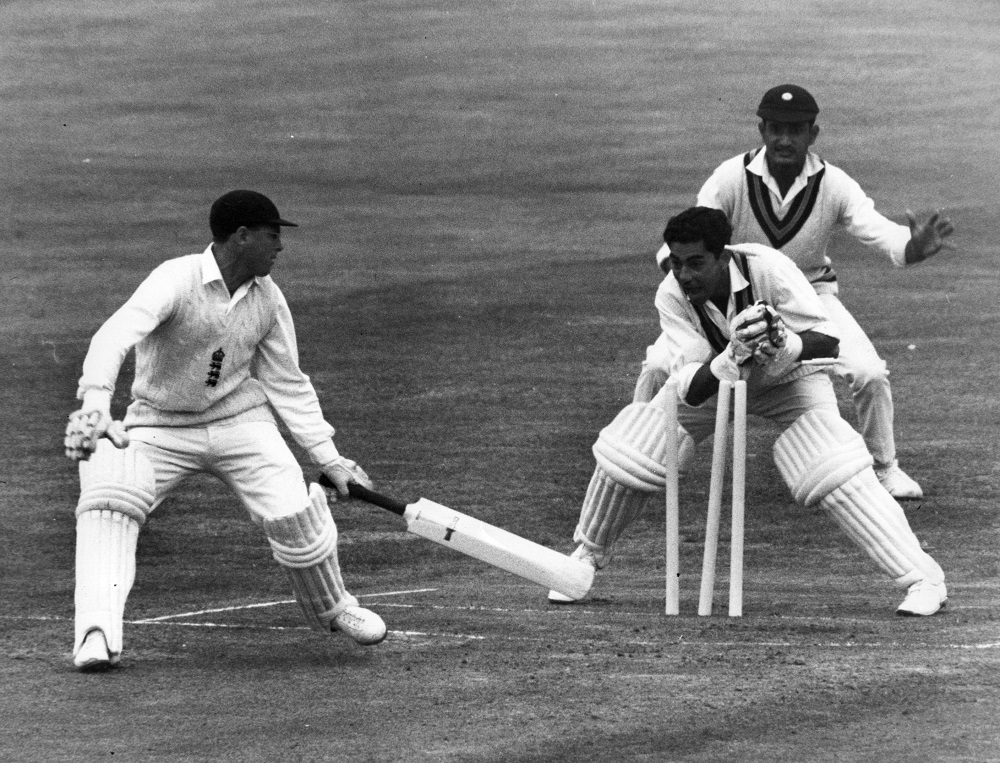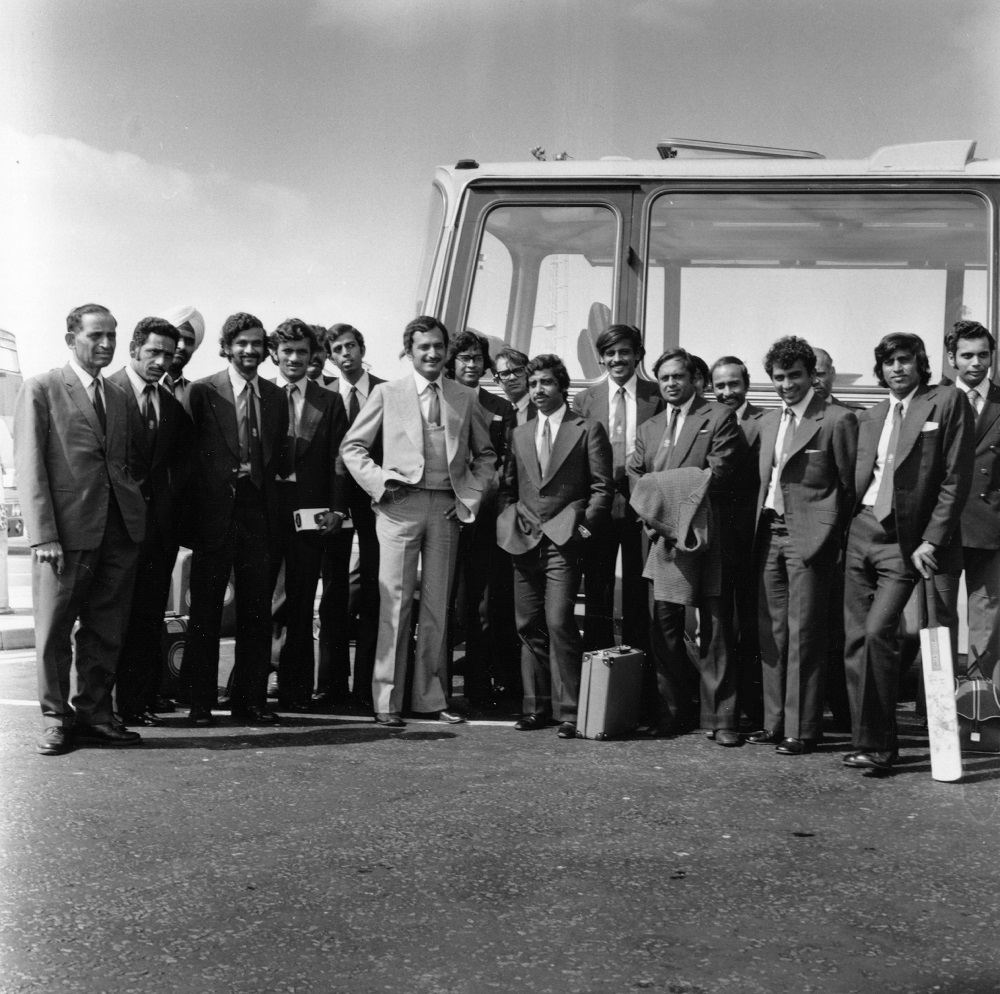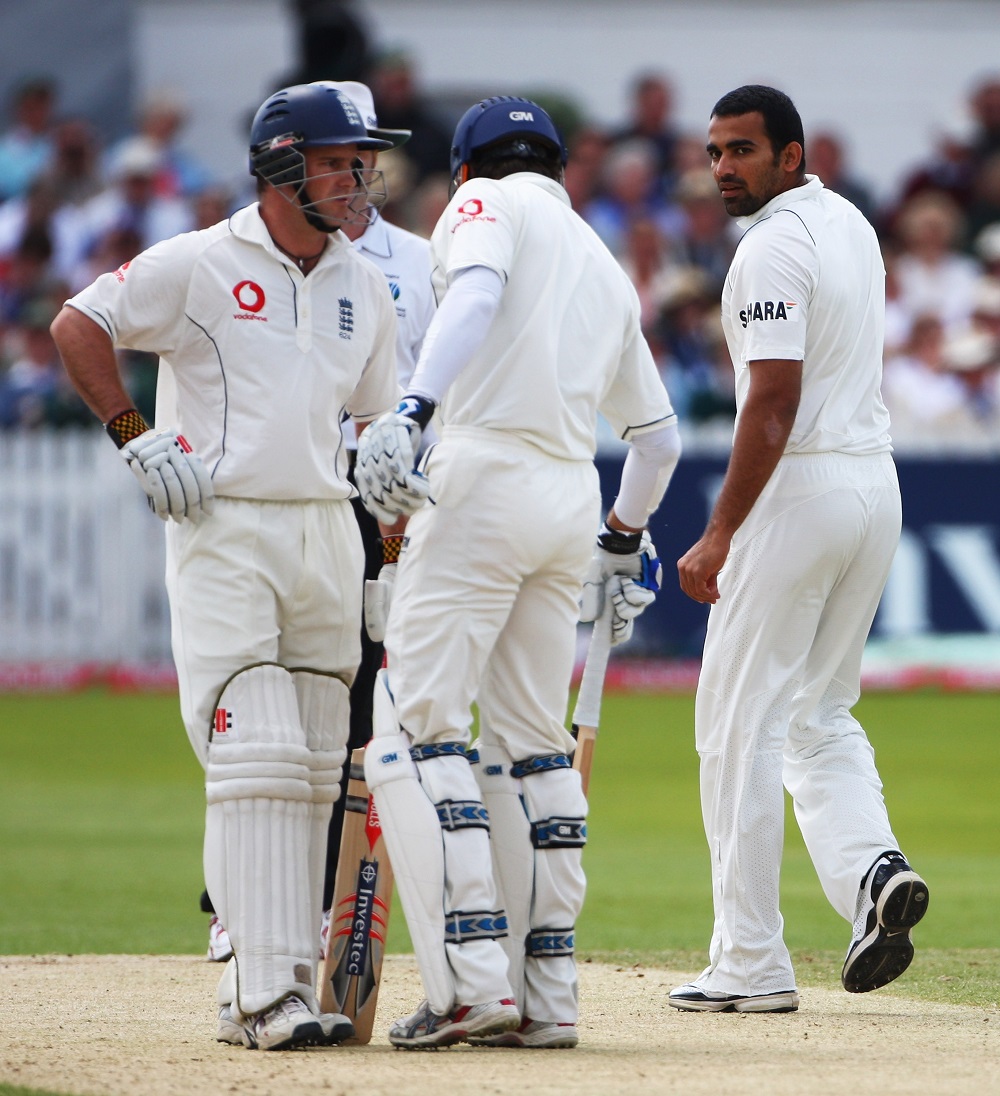 OPINION
OPINIONThe Hindu boycott
Following the arrest of Mahatma Gandhi, the Hindu Gymkhana decided not to send its players on the 1932 tour of England. As a result, LP Jai, Vijay Merchant, and Champak Mehta were not part of the squad.
Porbandar stands firm
The Maharaja of Porbandar was appointed captain of that squad in the tour of 1932, while his brother-in-law KS Limbdi was vice-captain. These were mostly managerial posts, and neither man took part in most of the matches. CK Nayudu led India including in the solitary Test. But Indians were used to being led only by kings or the British, and refused to play under the ‘commoner’ Nayudu. Some of them woke up Porbandar in the early hours of the day of the Test. But Porbandar stood firm – and Nayudu led India.
The Vizzy chronicles
After playing a Machiavellian scheme to perfection, the Maharajkumar of Vizianagram (Vizzy) got himself appointed as captain on the 1936 tour. Once there, he sent Lala Amarnath back home mid-tour (without much of an actual reason) on disciplinary grounds.
Vizzy divided the team into factions and bribed his ‘camp’ heavily, including a Paris trip. He rewarded Baqa Jilani with a Test cap when the latter insulted Nayudu at the breakfast table. During tour matches, he used to bribe opposition bowlers, sometimes with gold watches, to bowl him half-volleys.
Nayudu vs Mankad
Ahead of the 1952 tour of England, Vinoo Mankad had asked for an assurance of being included for the Test matches. When Nayudu, then Chairman of Selectors, refused him, Mankad opted out and signed up to play for Haslingden in the Lancashire League. After being demolished in the first Test match, India sent an SOS for Mankad, who returned to score 72 and 184 and take five wickets in the second Test.

The Gupte affair
The Indians were put up at the Imperial Hotel during the Delhi Test of 1961/62. When Kripal Singh asked the hotel receptionist out for a drink, she complained to the authorities. Kripal and his roommate Subhash Gupte (who was accused of not stopping Kripal) were both dropped from the next Test match, at Calcutta. Gupte never played another Test. He settled down in Trinidad.
Boycott dropped
At Headingley in 1967, Geoff Boycott scored a career-best of 246 not out, but it took him 555 balls and 573 minutes. England won the Test match, but Boycott was dropped for what was described as ‘selfish’ batting. Boycott was not amused.

Snowfall on a Sunny day
At Lord’s in 1971, Farokh Engineer pushed a ball and ran for a single. Sunil Gavaskar and bowler John Snow sprinted towards the striker’s end with different intentions. Then Snow, with a giant’s frame, crashed into the little Gavaskar. As Gavaskar recovered, Snow threw the bat back at him. Snow apologised for both the shoulder-barge and throwing the bat, but was dropped for the next two Tests.
Summer of 42
Three years after the historic Oval Test, India were thrashed 3-0, in 1974. This included the infamous 42 all out at Lord’s. On the same evening, they got stuck in traffic and turned up late for an invitation, and the Indian High Commissioner asked them to leave. On the same tour, Sudhir Naik was accused of shoplifting at Marks & Spencer.
The Vijay Balla (Victory Bat) had been erected in Indore in 1971 to commemorate India’s famous win. It was painted with black tar after 1974. Captain Ajit Wadekar finally lost a series as captain (after winning his first three). He was dropped even from the Duleep Trophy side. He promptly announced retirement.

Lever’s Test tarnished by allegations
On his Test debut, at Delhi in 1976/77, John Lever swung the ball prodigiously to take 7/46 (including the first six) and 3/24. India lost by an innings. Later, at Chennai, Lever was wearing a Vaseline-smeared gauze strip on his forehead to keep the sweat away. When he discarded the strip, umpire Judah Reuben picked it up, found Vaseline in it, and accused Lever of ball-tampering. Lever went unpunished.
Sidhu returns home
During the 1996 tour, the differences between captain Mohammad Azharuddin and Navjot Sidhu reached an all-time low. Unable to digest Azhar’s constant verbal abuse, Sidhu left mid-tour, immediately after the second ODI.
Jellybeans
Zaheer Khan was batting in the Trent Bridge Test of 2007 when someone from the English camp threw jellybeans at him. Zaheer had an altercation with Kevin Pietersen, who was fielding at gully, but Pietersen denied. Zaheer responded by taking 5/75. India won the Test and, after 21 years, a series in England.

No message from Moeen
Moeen Ali had donned ‘Save Gaza’ and ‘Free Palestine’ wristbands during the Southampton Test of the 2014 series. This clashed with the ICC Laws that prevented cricketers from wearing “messages relating to political, religious, or racial activities.” Match referee David Boon asked him to remove them.
Anderson vs Jadeja, then Ashwin
Following a spat with Ravindra Jadeja at Trent Bridge in 2014, James Anderson was charged with a Level 3 Breach of Conduct by the ICC. Jadeja was fined 50 per cent of his match fee.
Later, at Chennai in 2016/17, Anderson commented about Virat Kohli’s “technical deficiencies”. When Anderson came out to bat, R Ashwin walked alongside Anderson to the stumps, not too quietly. Jadeja did not let the opportunity pass either.
Eventually, umpire Marais Erasmus and Kohli himself had to step in.